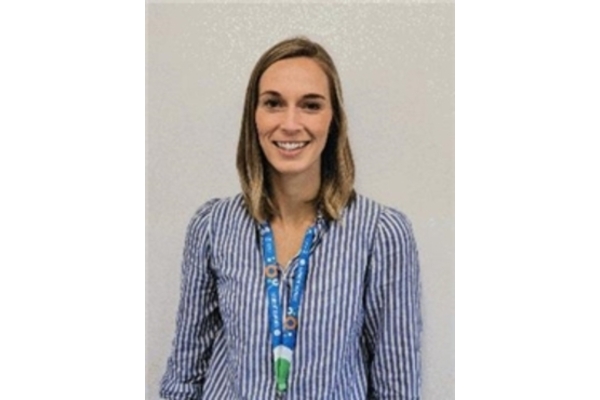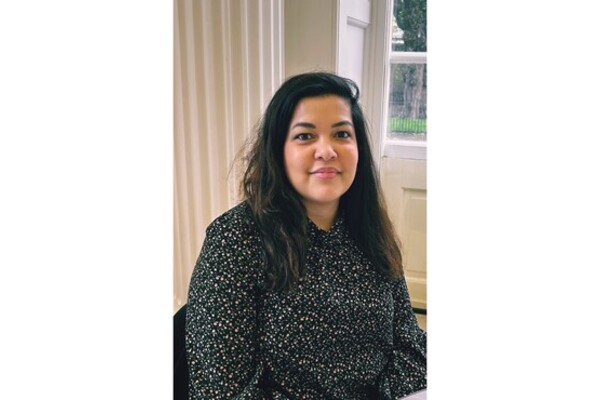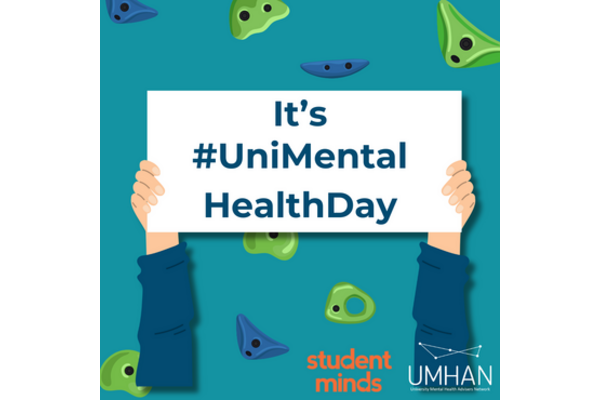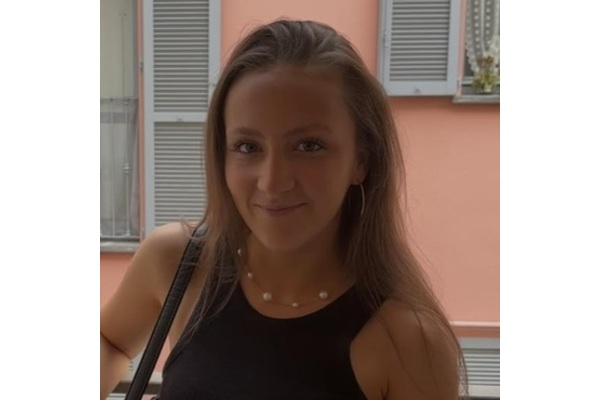Ashley Cave has been a long-standing member of UMHAN and talks about how her IAPT training has helped in her role as Mental Health Adviser.
Name
Ashley Cave
Job title
Mental Health Adviser
Employer
University of Sunderland
How long have you worked in student mental health?
6 years
How long have you been in your current role?
6 years - I left my previous job while on maternity leave to take up the role in December 2015
Can you outline your career and how you got to where you are today?
I was an enthusiastic psychology graduate in 2008 clueless where to go next, I was offered a job working in a stroke unit as a rehab assistant offering OT, physio and speech therapy to patients, following that I worked as an assistant psychologist on a programme looking at Wellbeing and Mental Health in the fire service and in primary education staff setting. This led me on to my next position working in IAPT as a trainee and then qualified PWP. A job I loved and valued with an excellent team of trainees- we really went on a big journey together to be qualified!
How does your experience and training help you to do your job well?
Working in IAPT certainly prepared me for the demands and pace of working in Mental Health in higher education, what I wasn't quite prepared for was the severity of mental health difficulties we saw in the University. I envisaged I would be helping with students missing home or stressed about exams- that perception changed very quickly! I think the understanding of mental health difficulties from my experience and training at IAPT was invaluable as well as an understanding of wider services in the NHS and pathways to support.
Can you briefly explain your day-to-day responsibilities?
I have a caseload of students I tend to see regularly so day to day I will see a few students (mainly phone/teams at the moment). We also offer assessments as a first contact to any new referrers so we will do one a day. Sometimes we have case conferences or meetings about a student to attend, we also offer a duty service each day so someday we will be on duty responding to more urgent or crisis interventions. Health promotion is also a part of our role so on occasion we will be out and about on campus promoting awareness of any current issues relating to student wellbeing. Each day tends to be different depending on the needs of the service or student population at the time.
What’s helped you to stay in your role?
Good colleagues have always helped I have been well supported over the years in the role by various staff. Being able to see a difference in students or knowing you have played a role in them getting to graduation is another factor that I think really keeps you going.
What part has UMHAN played in this?
UHMAN has been instrumental in connecting me to other MHA especially local ones- having the opportunity to now connect online with other MHA's and being able to talk through any current issues is always so helpful. The access to CPD has been brilliant and in some ways we have the pandemic to thank for now being able to access so much more online now!
What’s your favourite part of your role?
Any work with the students is a favourite but I do have a soft spot for freshers week- being part of freshers fair and connecting to students promoting our team and getting out to faculties to do talks on mental health is something I love each year. I love the energy on campus of freshers week.
What has changed in student mental health since you started your role?
The numbers- compared to when I first started the volume and complexity we see now just seems to increase year on year.
What do you think are the biggest remaining challenges?
Supporting students who really ought to be seen in specialist NHS services but are waiting over a year. It can be so disheartening for our students waiting for an assessment and pinning hopes on support to be told how long you have to wait. An ongoing challenge is always ensuring that our message of who we are and how we can help to all students- particularly those groups of students who struggle to reach out such as our international students, its on ongoing challenge each year.
Have you got any feedback from students that you could share with us?
Some feedback from a final session with a student who unfortunately I never got to meet in person but supported on the phone:
I just want to take the chance to thank you for how supportive and lovely you’ve been. Particularly during the first lockdown, there were times you were the only person I’d spoken to for a while with living alone and it really made a huge difference.
I genuinely don’t think I’d have managed this year without your support and it’s clear how much you’ve always wanted to help, so I can’t thank you enough.









